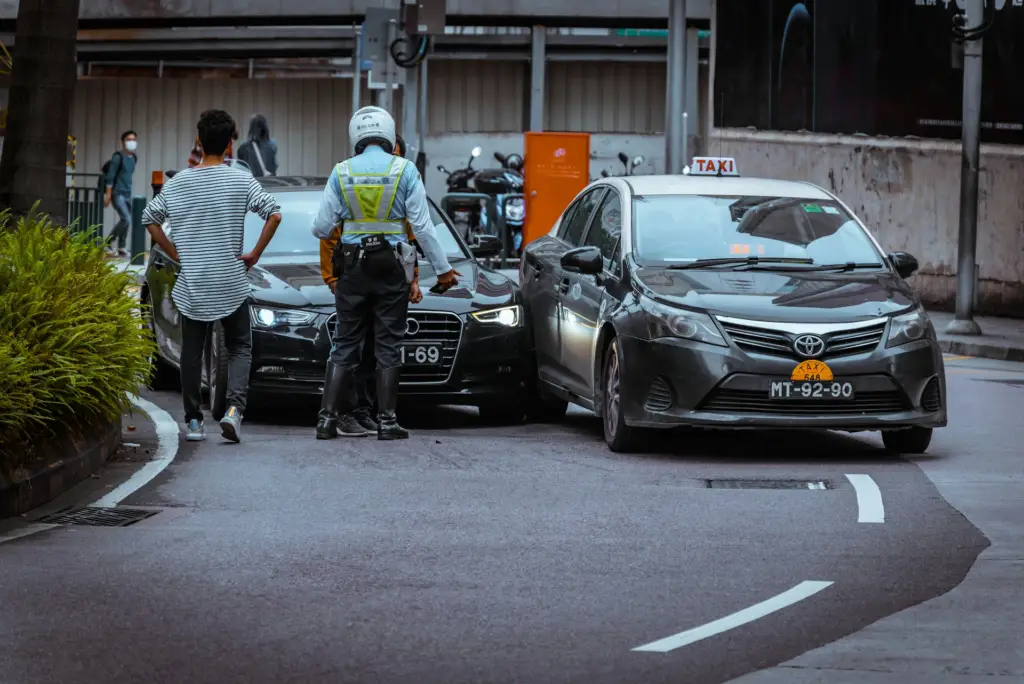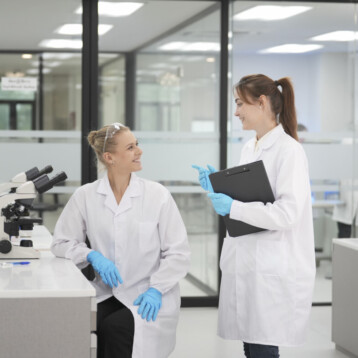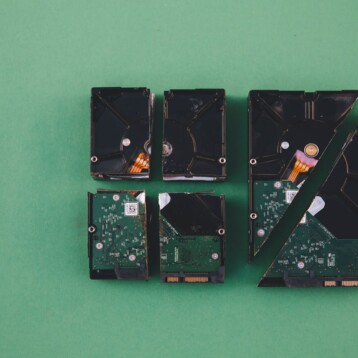
Nobody wants to be in a car crash. It’s frightening, there are lots of financial issues that come with it, and you might get injured. But having said that, even the safest drivers in the world can’t avoid the possibility of being in a car accident. This is because many car accidents aren’t really the fault of innocent and law-abiding drivers, but they’re dragged into them by reckless people on the road.
So to prepare you for any potential car accident, here are some important tips that you should follow and why.
1. Check Yourself for Injuries
Firstly, make sure you check yourself for injuries first. Try to take note of any pain that you might have, any bleeding, or muscle aches. If you’re fit to move, then try to get out of the vehicle if possible. If you have any passengers, check on them too and make sure everyone in your vehicle is alright. If there are any serious injuries, then call emergency services as soon as you get out of your vehicle. Once you’ve confirmed that you and your passengers are alright, you can check up on anyone else who was involved in the car accident.
2. Move Somewhere Safe
Next, make sure you move your vehicle to a safe location if it’s in a drivable condition. This is to prevent it from blocking the road. Remember to turn your hazard lights on to warn other drivers that may be coming from behind you.
3. Contact the Police
Even if the accident isn’t severe, you should report the collision to the police. If you suspect that there was some bad intent from the other drivers, or if they may have committed a driving offense, then it’s vital to communicate this to the authorities as they could be putting other drivers in danger. You should also call the police if you were unable to exchange your details with the other drivers, or if they hit your vehicle and drove off.
4. Exchange Information With Others
Make sure you exchange information with everyone else involved. Try to be calm and collected as you speak to them and don’t get aggressive or respond to any kind of nasty words. Record their name, phone number, address, license plate number, driver’s license number, and any relevant insurance policy details. Hopefully, all other drivers involved will be courteous and understanding of the situation, but if they try to escalate the problem, wait for the police to arrive and inform them of the situation.
5. Document the Scene
It’s also worth taking photos at the scene including any damage that the cars have taken. You should also record the surrounding area such as any relevant road conditions or signage. Documenting this can be important for insurance claims and legal purposes later.
6. Contacting a Towing Service
It’s very likely that you’ll need to contact a towing service to help you transport your vehicle to a garage or someplace safe. Even if it’s in somewhat of a drivable condition, you should never try to get behind the wheel as there could be more damage on the inside that you aren’t aware of. The police may also help you call for a towing service if you’re not sure who to contact.
7. Let Your Insurance Company Know
It’s also a good idea to get in touch with your insurance provider as soon as possible so you can start the claims process. Ideally, you should do this once everything else has been resolved–just make sure you contact your insurance company as soon as possible because there are time limits to how long you can wait until you’re no longer allowed to make a claim.
8. Make Sure You Seek Medical Attention
Don’t forget that you should seek medical attention even if you feel fine. There could be damage under the surface, such as broken bones or aching muscles. Some accidents could cause swelling which may take days or even hours to appear, which is why it’s vital that you seek professional help to check that you’re doing well. They are often known as delayed injuries, hence why they don’t show any symptoms immediately after the accident.
9. Following up
Make sure you follow up with any instructions from the police or your insurance company. Medical professionals may also tell you to avoid certain things and take medication to help ease any pain or injuries. Keep track of all the expenses related to your accident too so that you can claim these costs back.










